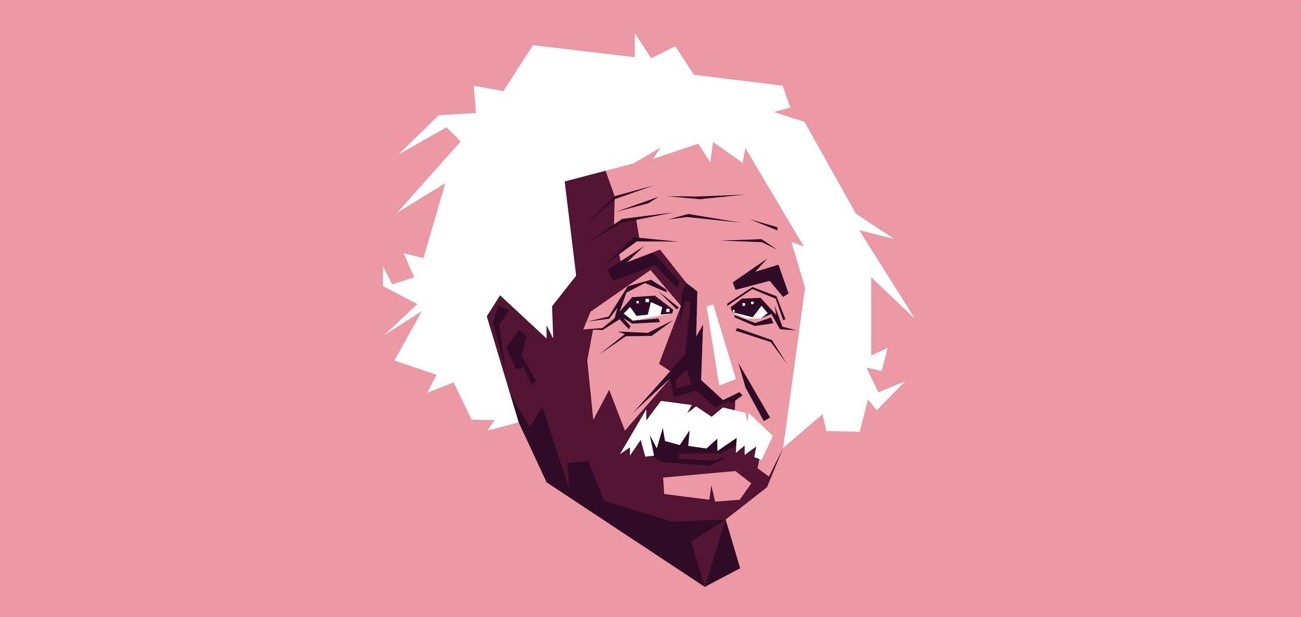Paris, 15 June 2022: Albert Einstein was a refugee. The feted physicist and Nobel laureate arrived in the US in 1933 after fleeing persecution in Nazi Germany. Singer Freddie Mercury, painter Marc Chagall, American Secretary of State Madeleine Albright and philanthropist George Soros? Refugees all. Just a few notable names – and there are many more – among the teeming masses who have escaped war, violence or oppression in their homeland to seek a better life overseas.
In this spirit, we should note that 20 June will be World Refugee Day. According to the United Nations, there are currently 26 million refugees in this world. Some 455,000 of these are in France, my current location before I depart to Switzerland tomorrow for Art Basel. French law recognises rights to asylum or political refugee status for a foreign-born person who is subject to persecution elsewhere. Another 220,000 people are displaced in the UK, where the government’s hare-brained scheme to dispatch asylum seekers to Rwanda was grounded last night after a late intervention from the European Court of Human Rights.
“World Refugee Day is an occasion to build empathy and understanding for their plight and to recognise their resilience in rebuilding their lives,” says the UN. Hong Kong has 14,000 such individuals, each one a human being with a story to tell. Not that they find much empathy or understanding from our government, which refuses to recognise them as refugees or asylum seekers, simply illegal immigrants. The United Nations’ Convention Relating to the Status of Refugees, approved in 1951, was created to protect European refugees of World War II and was expanded by a 1967 Protocol. Some 143 countries and territories have signed these agreements. Not Hong Kong, though.
Further, our government is reticent to tell us about those refugees it keeps locked up – numbers, nationalities, length of detention and so forth. Unlike criminal offenders, immigration detainees do not appear in court and their detention is often an administrative decision made by officials. A Chinese University team is conducting a three-year study, Immigration Detention in Hong Kong, funded by the University Grants Committee. This week, team leader Professor Surabhi Chopra has called on the government to be more proactive in disclosing data, saying it is a “real concern” that information on those held in custody is not readily available. She’s not wrong.
Of course, we have another, significantly larger, group in our community who are also at the thin end of the authorities’ wedge. Domestic helpers – priceless contributors to the city’s economy yet intensely vulnerable to human trafficking and forced labour, as recently detailed by my former colleague Mel Boase – are regularly reminded of their second-class status: summoned for mandatory Covid testing while their employers are not; segregated into their own designated quarantine hotels or even the dreaded Penny’s Bay government camp; kicked out onto the streets after testing positive.
So, naturally, they remain excluded from our government’s expanded consumption e-voucher scheme. The HK$66 billion (US$8.6 billion) programme, intended to boost spending and accelerate this city’s economic recovery amid Covid-19, will commence another round of HK$5,000 (US$635) pay-outs next month. Financial Secretary Paul Chan has announced broader eligibility criteria that will add about 300,000 people to the scheme, many of them non-permanent residents, foreign students and entrepreneurs. But not our 370,000 helpers.
Ineptitude or bias? We’ve seen both in copious quantities from our leaders these past two years, but the former would seem to dominate yesterday’s announcement by Health Secretary Sophia Chan that citizens will now need to show proof of a negative Covid test to enter bars, pubs or clubs. Following several outbreaks connected to nightspots, from tomorrow revellers will need to show a photo of a negative result from a rapid antigen test taken within the previous 24 hours, with their name, date and time written on the cartridge, otherwise they will be turned away.
Huh? It’s enough to have you checking the calendar to ensure we’re in June 2022. And clearly, it is window-dressing for the Mainland heavyweights who will be in town on 1 July for the 25th anniversary of the Handover. However, amid territory-wide mirth, eye-rolling and incredulity, you have to wonder how this will be policed and enforced. How will they know if the photographed specimen belongs to that customer? What’s to stop someone simply rubbing out the date and writing a new one? In the long list of daft ideas from our leaders, this brain-fade probably ranks behind compulsory universal testing and slaughtering hamsters, perhaps sitting alongside closing restaurants all day and wearing a mask while exercising. Unbelievable.
What should not be lost on anyone, though, is who delivered this extremely unpopular news and who – conspicuously – did not. Earlier in the day, Chief Executive Carrie Lam gave her regular Tuesday media briefing and vowed she would not “give in a single inch” to requests by international business chambers and consulates to ease the city’s tough pandemic measures. Yet no mention of the draconian new rule that would make her city – once again – an international laughing stock.
Clearly, she felt it best to distance herself from this particular stink-bomb and let her Health Secretary take the heat. You don’t have to be Einstein to work that out.
Stay safe and well, everybody!
Colin Cohen
Senior Partner
Boase Cohen & Collins



